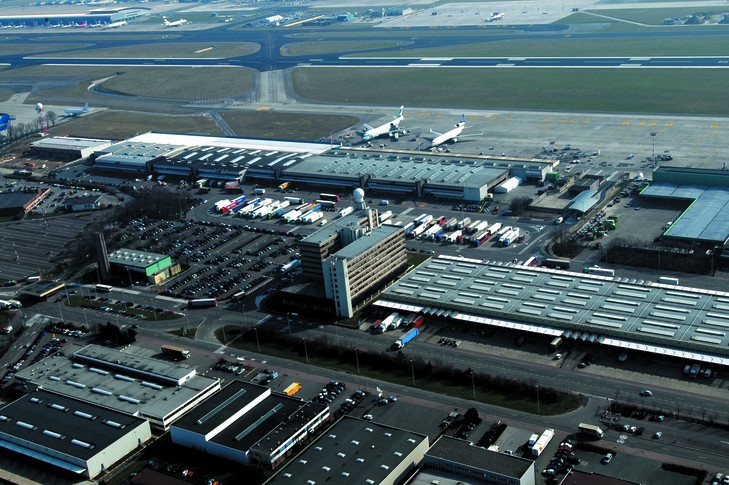Ethiopian Cargo loss continues to bite at Brussels
09 / 02 / 2016

Brussels Airport continued to suffer from the withdrawal of Ethiopian Cargo services in January as the Belgian airport recorded a decline in airfreight demand.
The airport, which was one of the success stories of 2015, saw cargo demand decline by 2.4% year on year in January to 36,964 tons.
Full-freighter demand suffered a double-digit decline of 11.5% on a year earlier to 9,545 tons, while integrator volumes were flat at 15,699 tons and belly cargo was up by 3% to 11,720 tons.
The airport said its full-freighter segment was still recovering from the departure of Ethiopian Cargo after the carrier did not obtain the necessary traffic rights to enable it to continue its activities at Brussels Airport.
The airline switched its services to Dutch hub Maastricht-Aachen in November.
Last year, Brussels was one of the fastest growing European Airports as it recorded a demand increase of 7.8% on 2014 levels to 489,000 tonnes.
In contrast, Europe’s busiest cargo facility Frankfurt recorded a 2.3% year-on-year decline in 2015.














